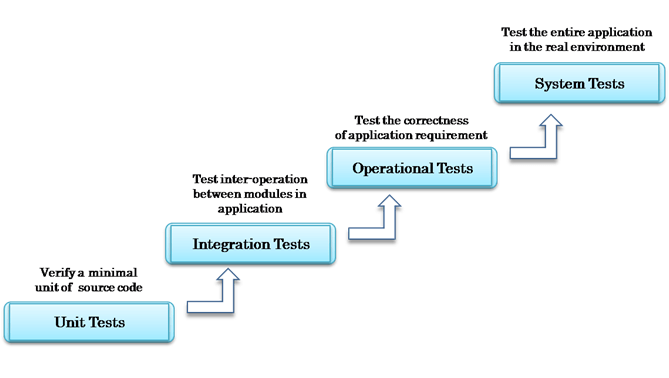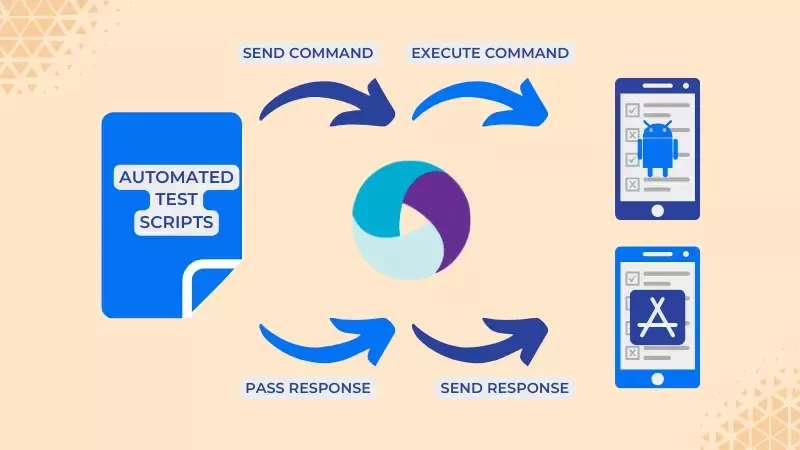
Testing Android apps, like any other software, is crucial to ensure their functionality, performance, and security. Automating testing processes can save time and resources. Here’s a tutorial on Android app testing with automation framework:
Pre-requisites:
- Java Development Kit (JDK): Install JDK as it’s required for running Java-based automation frameworks.
- Android SDK: Download and install Android SDK, which includes necessary tools and libraries for Android development.
- Android Studio: Install Android Studio, the official IDE for Android development, which comes with various tools including the Android Emulator.
- Appium: Appium is an open-source tool for automating mobile apps. Install Appium along with its dependencies.
- TestNG or JUnit: Choose a testing framework like TestNG or JUnit for writing and executing test cases.
- Appium Desktop: Appium Desktop is a graphical interface for Appium server. It simplifies the setup and configuration of Appium.
Why Android Testing?
Testing is an integral part of the software development lifecycle, and Android applications are no exception. Here are several reasons why testing Android applications is crucial:
- Ensuring Quality: Testing helps ensure that your Android app meets the quality standards expected by users. By identifying and fixing bugs, errors, and issues early in the development process, you can deliver a high-quality and reliable app.
- Enhancing User Experience: A well-tested Android app provides a seamless and enjoyable user experience. By testing various aspects of the app, such as functionality, usability, and performance, you can identify areas for improvement and optimize the user experience.
- Compatibility Across Devices: Android apps need to be compatible with a wide range of devices, screen sizes, and Android versions. Testing helps ensure that your app works correctly on different devices and platforms, reducing the risk of compatibility issues and user frustration.
- Maintaining Reputation: A buggy or unreliable app can damage your reputation and credibility as a developer or organization. Thorough testing helps build trust with users and maintains a positive reputation for your app and brand.
- Reducing Costs: Fixing bugs and issues after the app has been released can be costly and time-consuming. By investing in testing early in the development process, you can identify and address issues before they escalate, saving time and resources in the long run.
- Compliance and Security: Testing ensures that your app complies with industry standards, regulations, and security requirements. By identifying security vulnerabilities and addressing them proactively, you can protect user data and prevent potential security breaches.
- Continuous Improvement: Testing is an ongoing process that allows you to continuously improve your app over time. By gathering feedback from users and analyzing testing results, you can identify areas for enhancement and implement updates and improvements to your app iteratively.
In summary, Android testing is essential for ensuring the quality, usability, compatibility, security, and reliability of your app. By investing in testing early and throughout the development process, you can deliver a superior app experience to your users and maintain a competitive edge in the market.




